The coronavirus pandemic has led to many people getting mental health treatment entirely online, but there are both advantages and drawbacks to this approach.
Remember the weekly Zoom ‘pub’ quiz and daily Joe Wicks exercise class? COVID-19 lockdowns and restrictions meant we moved many traditionally face-to-face activities online in 2020.
As the world tries to move on from the pandemic, mental health practitioners and patients are now grappling with whether online counselling and therapy should continue to replace physical appointments, or whether it is best to move back.
Some are convinced that digital-only help is the answer to long waiting lists and busy patients, while others are concerned that vital cues will be missed and the vulnerable left behind.
Whatever view the experts take, it’s critically important that everyone is able to access the mental health support that they need, whether remotely or in person.
Reaping the benefits
Somia Zaman, a psychotherapist who has worked in the NHS as a practitioner of Cognitive Behavioural Therapy and is now in private practice, is a fan of online mental health offerings, whether live appointments or self-help apps.
“Online therapy has been shown to be as effective and impactful as in-person, face-to-face therapy,” she says. “In this respect you aren’t losing anything at all if you seek mental health help online.”
Ms Zaman now does most of her work remotely. Although therapists may have missed some subtle body language cues in the initial move online, this has not affected the outcome of sessions and therapists have learned to mitigate this, she believes.
“As therapists have become more adept at working online, accelerated by the pandemic, most have learnt to adapt very well,” she says.
VOXI by Vodafone partners with UK Youth and donates £50,000 to projects for young people this Mental Health Awareness Week
VOXI customers can choose to donate to three important causes - improving mental health, reducing unemployment or preventing digital exclusion - via reward scheme VOXI Drop.
Bertrand Stern-Gillet, CEO at workplace health adviser Health Assured, says that as well as freeing up professional time to some extent, online sessions can have benefits for patients, too.
“Video mental health consultations are easier for clients to fit into their schedules around work and other commitments. They are a lot more accessible as you don’t need to travel or spend money to get to your appointment,” he says.
“Online sessions can also sometimes encourage clients to open up honestly, as they can feel a little less daunting than face-to-face interaction.”
Continuing concerns
But other mental health experts believe that a digital-first approach runs the risk that some people who need help will fall through the cracks.
Professor Martin Marshall, chair of the Royal College of General Practitioners Council, raised concerns that patients would struggle to adapt to digital therapy, asking on Twitter what problems we were storing up for the future by using screens.
“It’s not easy to make an emotional connection without face-to-face contact,” he said.
Mental health charity Mind has also raised what it calls “significant issues” with digital provision in a briefing to the government. The charity has concerns about exclusion of those who cannot operate technology, which it says will “exacerbate existing health inequalities”, while it says that some digital offerings, such as apps that are used for therapy are “sometimes of poor quality and can feel impersonal”.
Dr Charles Levinson runs Doctorcall, which offers both in-person and online consultations for mental health, and says that he would always prefer face-to-face appointments.
“Video consultations have many drawbacks; we provide such a service at Doctorcall with a relatively small take-up compared to our in-person appointments,” he says.
“I would usually prefer an in-person appointment. It’s so much easier to connect with a patient. Judge their body language, properly hear the tone of their voice and generally make a more personal connection with them which will improve trust.”
Prof Shafi Ahmed: 'Technology will completely transform healthcare'
Professor Shafi Ahmed, world-renowned cancer surgeon and Vodafone Connected Health Ambassador, explains how technology and data-driven medicine are improving healthcare in the UK and globally.
A ‘black swan’ event
Whatever side the experts come down on, it could be that Covid has transformed mental health provision irrevocably anyway. The shift towards digital telemedicine has been accelerated by the pandemic.
Rachel Hutchings, author of Nuffield Health’s report into the impact of Covid on the use of ‘digital’ tech in the NHS, says the changes were “unprecedented” and happened at an “incredible pace”.
The UK’s health services were not alone in moving mental health online. Figures from the World Health Organisation show that, in summer 2020, 70% of countries were using telemedicine appointments for mental health provision, with 53% using mental health apps.
“The pandemic saw a normalisation of virtual appointments out of necessity, as GPs and other medical professionals looked for ways to continue seeing patients,” says Healath Assured’s Mr Stern-Gillet.
“We have also seen increased uptake of online and telephone appointments in the mental health field as people become more accustomed to them and see that they work.”
How can we rebalance our children’s mental health after lockdown?
We face a looming mental health crisis induced by the COVID-19 pandemic. But tech experts and mental health professionals believe a new generation of tech tools could help increase human connection and promote a sense of wellbeing for our children.
Making the most of it
So it seems that online consultations are here to stay, which is great for those comfortable interacting online. But if you or your child prefer face-to-face consultations you may have to shop around to find practitioners happy to do this. The good news is that there are plenty of mental health professionals who still prefer this traditional way of doing things.
If you, or your child, are offered digital mental health help, there are things you can do to ensure it’s as effective as possible.
Use tech while you wait
If you are offered digital mental health help while you are on a waiting list, take it and use it, or research what is out there.
“Apps are a great self-help tool. They can’t replace therapy but they can certainly help you to understand your mental health better,” says Ms Zaman.
Open up honestly
If you are given a telehealth appointment, prepare in advance and find a quiet spot away from housemates or family.
“Often, the more a client can bring to a session, the more effective the therapy will be,” says Mr Stern-Gillet.
Find somewhere with a good connection
Dodgy WiFi can derail your therapy session, so find somewhere where you can connect successfully.
“Talking to a patient over a grainy screen, often with a poor connection, can make it difficult to properly assess a sensitive condition,” says Dr Levinson.
This list of mental health apps from the NHS could be a good place to start.
Stay up-to-date with the latest news from Vodafone by following us on Twitter and signing up for News Centre website notifications.
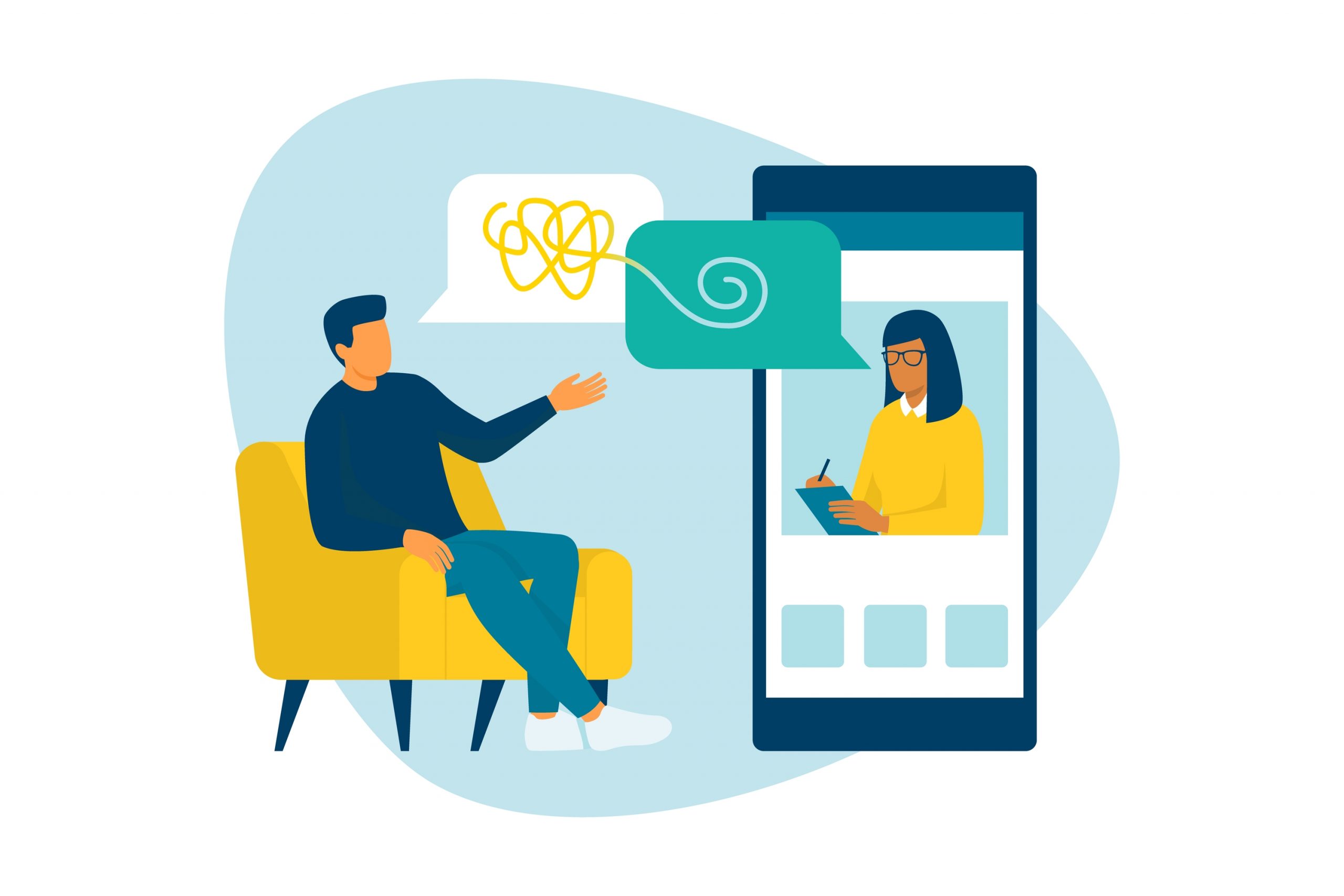
![Young woman waiting for job interview indoors [Adobe Stock] stock image of a young woman waiting for job interview indoors](https://www.vodafone.co.uk/newscentre/app/uploads/2024/06/2-Young-woman-waiting-for-job-interview-indoorsAdobe-Stock.jpg)

![black and white photo of a girl's face with smoke [Adobe Stock] an AI-generated stock image of a girl's face partially covered in smoke](https://www.vodafone.co.uk/newscentre/app/uploads/2024/05/black-and-white-photo-of-a-girls-face-with-smoke-Adobe-Stock.jpg)

![girl smiling confident voting at electoral college [Adobe Stock] stock photo of a girl smiling while confidently voting at a mock election](https://www.vodafone.co.uk/newscentre/app/uploads/2024/05/girl-smiling-confident-voting-at-electoral-college-Adobe-Stock.jpg)
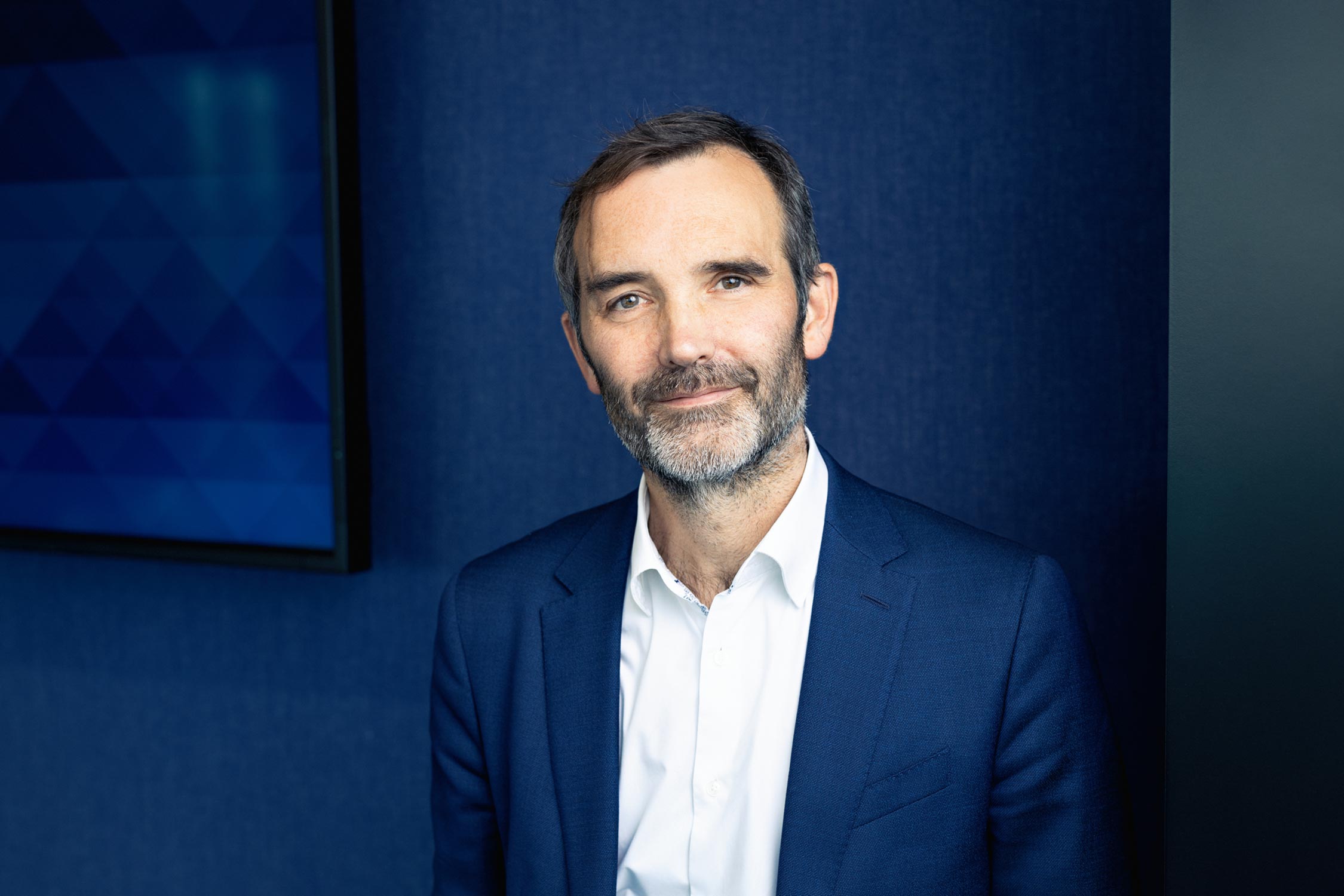
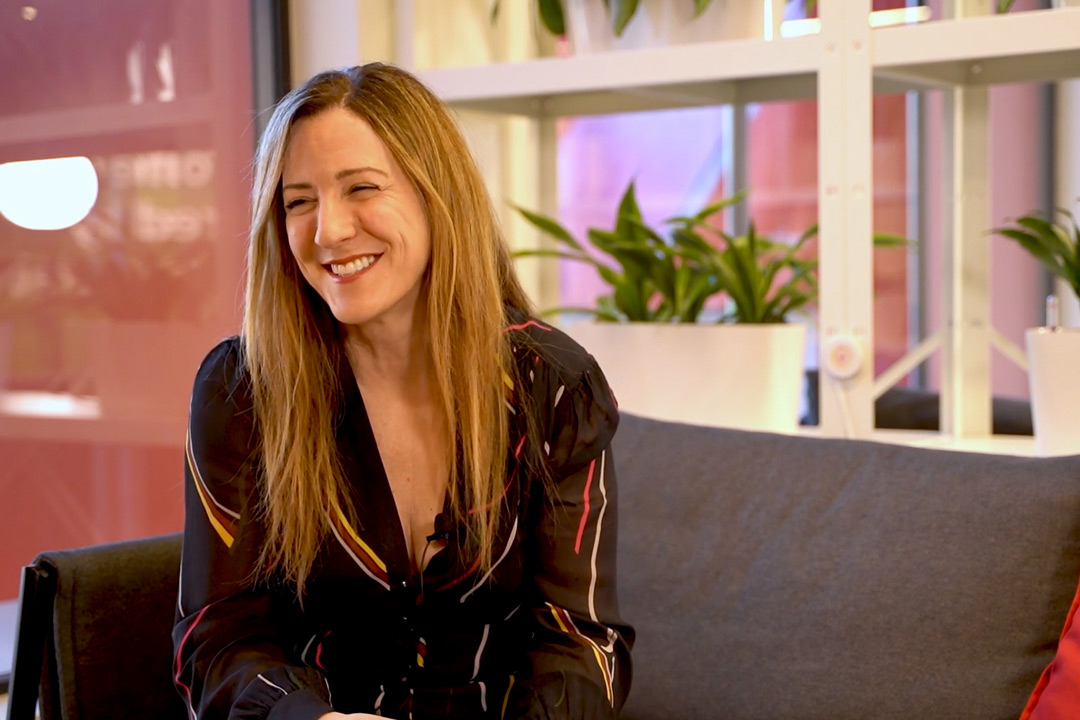
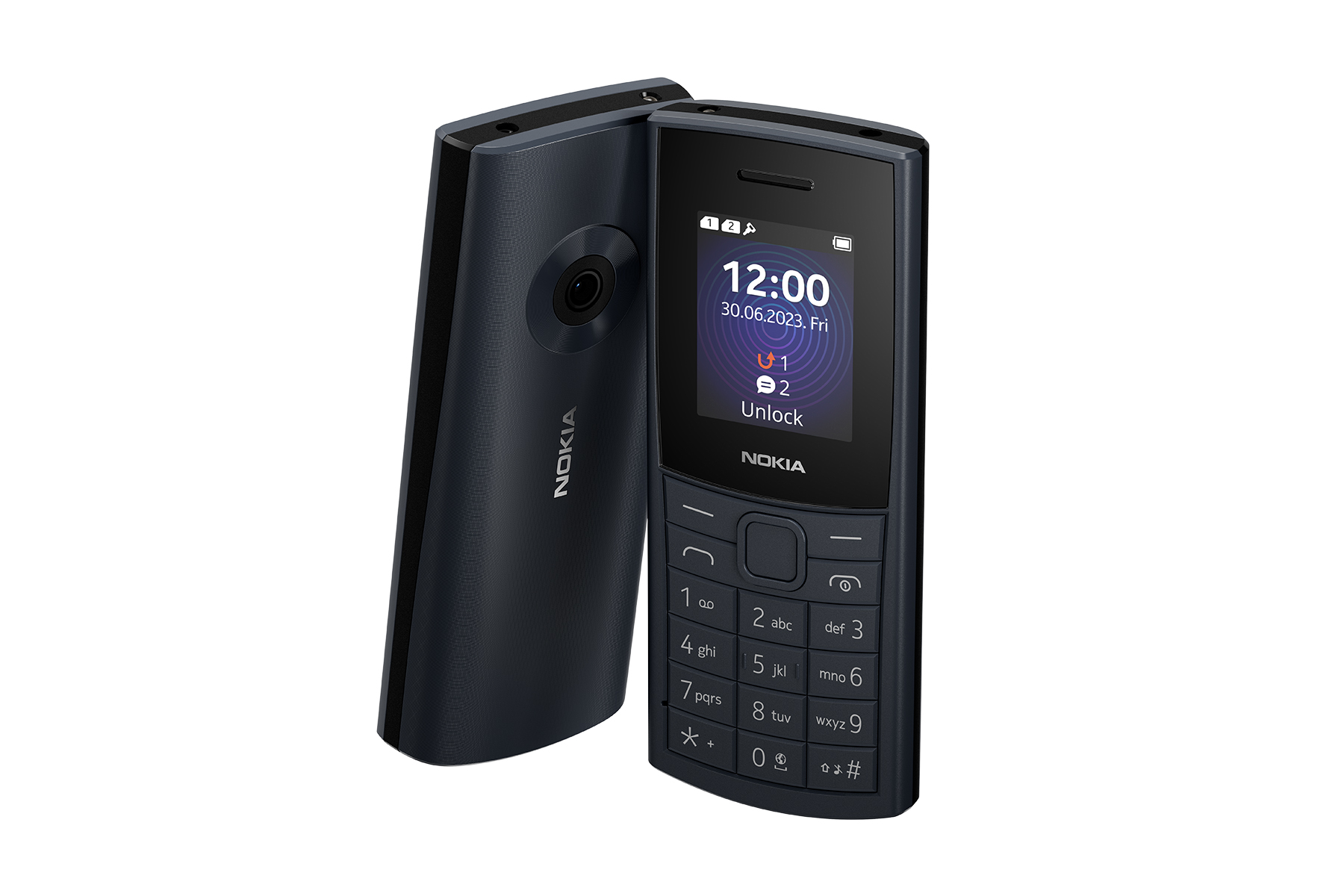
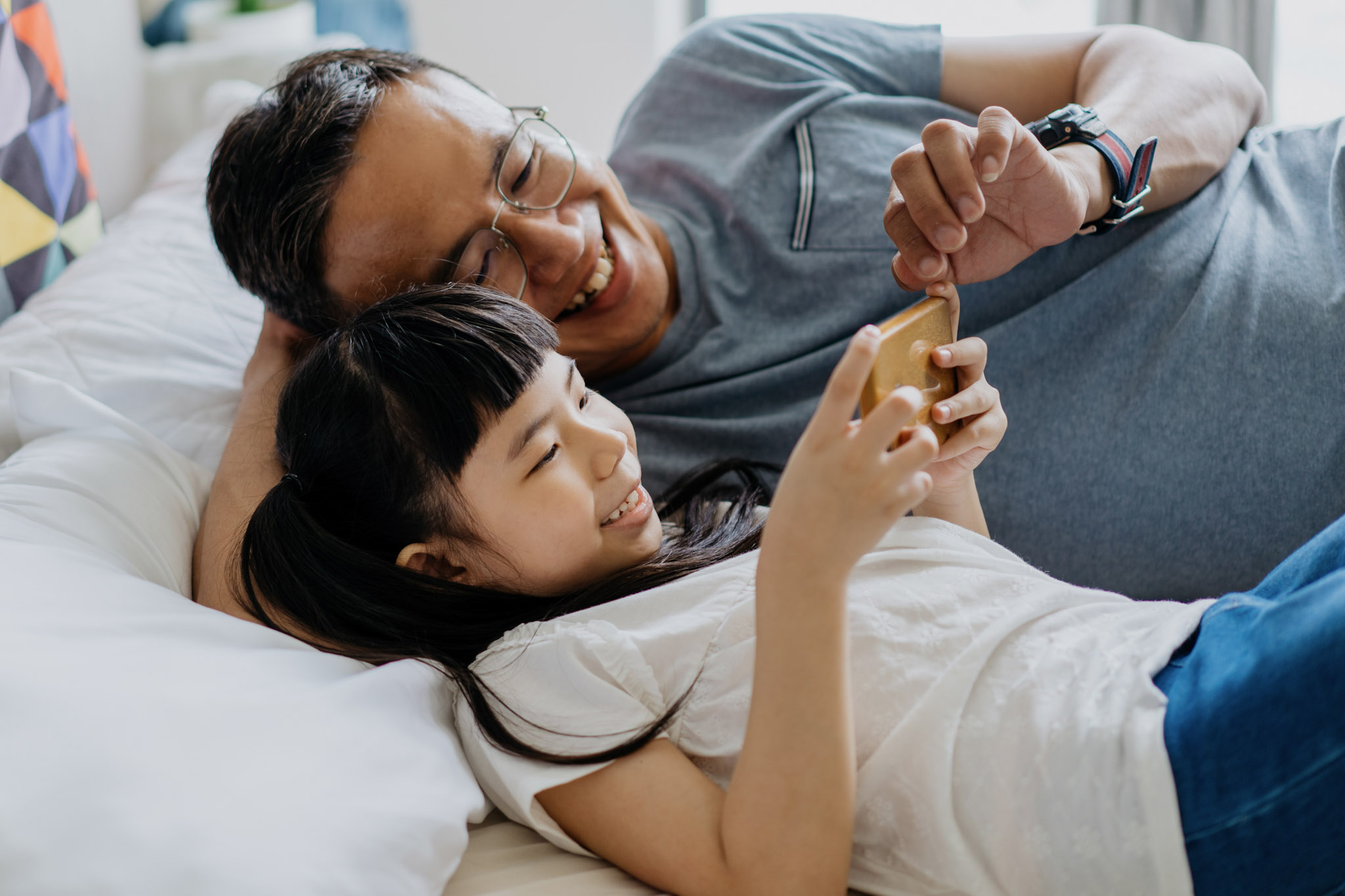
![Portrait of school age boy sitting at kitchen table do not want to eat[Adobe Stock] stock photo of a young boy sitting at a kitchen table, refusing to eat the food in front of him](https://www.vodafone.co.uk/newscentre/app/uploads/2024/03/Portrait-of-school-age-boy-sitting-at-kitchen-table-do-not-want-to-eatAdobe-Stock.jpg)